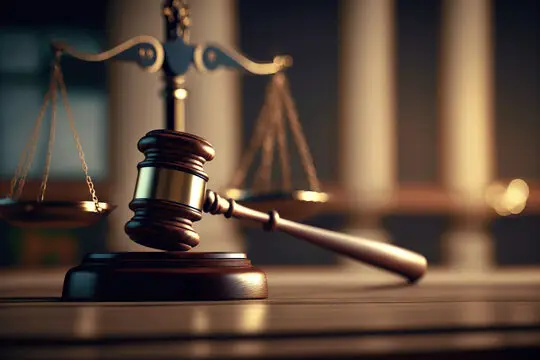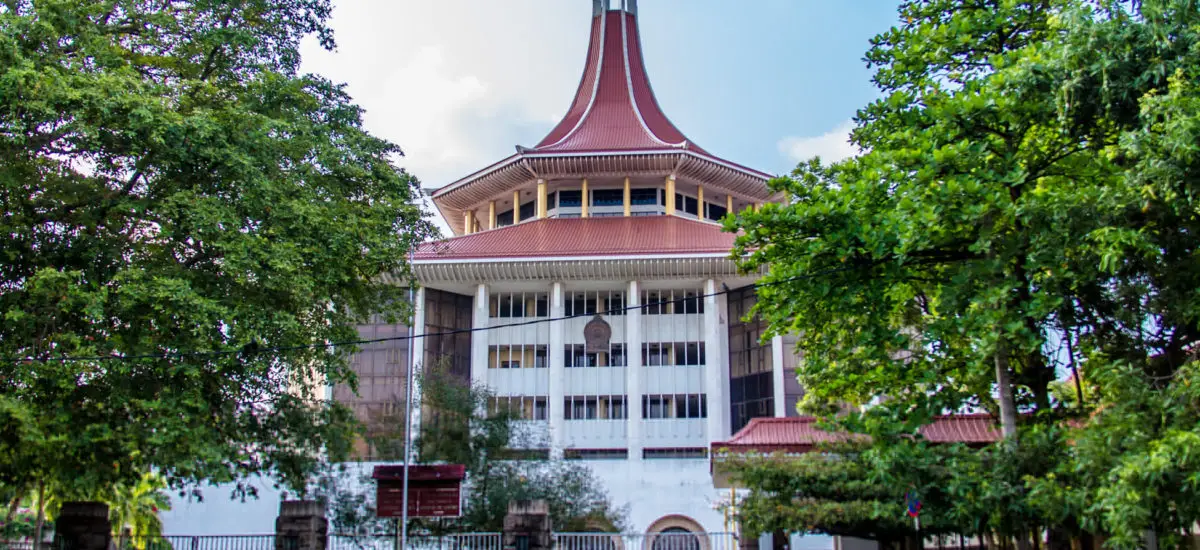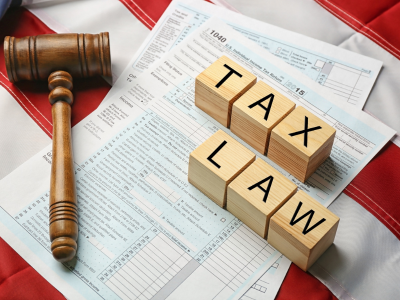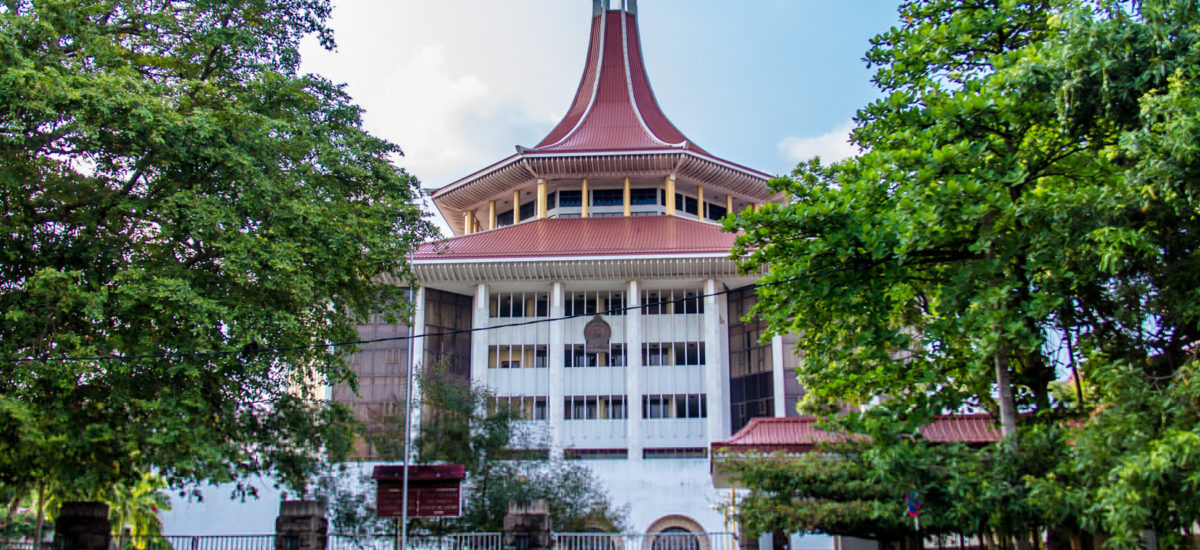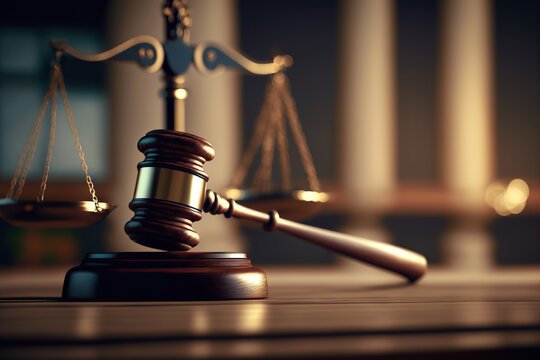“the truth that a court finds at the end of the main hearing of a trial is not found in spite of my defence, but together with my defence”
Is Criminal Defence a Human Right?

Anja Sturm
I am a criminal defence lawyer, am I on the side of evil or on the side of good? Or where do I stand at all, i.e. what do I stand for? For an answer, I would like to turn to another question, the party question, which I am almost always asked when I am at a party.
I’m having a relaxed chat, and the conversation turns to the fact that I’m not only a criminal lawyer, but also a defence lawyer, so much for my conviction. Possibly. Funnily enough, there’s always some sort of exclamation before the party question. Oh, then I have to be careful what I say now, so take it easy, because I’m not a prosecutor, I’m a defence lawyer. I don’t prosecute crimes, in case some of you have finished my sentence a bit prematurely with I defend crimes, no I don’t defend crimes, because I’m against crimes too. I defend a person accused of a crime.
But now back to the party question, I’m sometimes asked if I have no problem defending a rapist, that you don’t feel guilty if a murderer is acquitted because you defended her? No, of course everyone has the right to a criminal trial under the rule of law, and we are already in a big dilemma with this concept,
The constitutional state.
I don’t know about you. I sometimes have the feeling that most people, or at least many people, don’t even realise what’s really involved, what kind of concept it is, what’s connected with it, that it’s not just a kind of varnish to create a glossy surface for the process, according to the motto, I stick the rule of law on it and then the rule of law is inside.
Just a few key words on the rule of law >
Separation of powers, human dignity, democracy, the state’s monopoly on the use of force, the right to be heard, the prohibition of arbitrariness, and these are just a few…
But back to the point, of course everyone has the right to a constitutional process, and of course everyone has the right to a defence that, the comma you just saw was not due to the nature of my speech, but was also part of the quote. This was usually followed by a great silence, which at the same time provoked a roaring ‘but’, and some people simply said it outright. It’s about that ‘but’ too. So let’s start again from the beginning: we have agreed as a society that we won’t kill each other, that we won’t cheat each other, at least not in terms of property, and the legislator has put the whole thing into laws, namely what is forbidden and what is required. In any case, most of it is in the penal code, where it also says roughly how you can be punished.
The world is so simple until you start studying law and reality sets in, because the question is always: what actually happened?
A man lies on the floor, dead and covered in a large pool of blood. Beside him is a woman with a knife in her hand. Is she the murderer because she stabbed him in the back, i.e. the knife had been in his back before, or do the strangulation marks on her neck suggest something else? Many questions, but one thing is clear: the man did not die of natural causes.
Now the rule of law is called upon, it has the monopoly on the use of force and that obliges it to prosecute crimes. We, as private individuals, do not prosecute crimes. How does the state? It has its law enforcement agencies, the police and the prosecutors. They march in, figuratively or literally, can question witnesses, search buildings and homes, conduct surveillance, tap phones, confiscate things and much more. What all these measures have in common is that they constitute an infringement of fundamental rights.
An encroachment on fundamental rights, that is supposed to protect against the state’s monopoly on the use of force, is only permissible if it is regulated by law. That is why we have the Code of Criminal Procedure. The Code of Criminal Procedure regulates which measures may be taken, under what conditions, when and how. I need a search warrant, especially in a private home, unless there is imminent danger. When is danger imminent? If the investigating judge has gone home at 4 pm and I want to search at 5 pm, is there imminent danger? It’s more of a hypothetical question, investigating magistrates don’t go home at 4 pm and there’s an emergency service. But as you’ve noticed, there are a lot of questions,
for example, telephone surveillance is possible, but it has to be ordered by a judge. Of course, this is not possible for all crimes or suspected crimes. Obviously not for crimes involving bodily harm or murder. What happens if these requirements are not met? There must be some kind of consequence, otherwise we can do without all the rules. Who decides that? Many questions? If you imagine that you are being prosecuted, then you don’t really have a cool head, apart from the fact that it’s always complicated between lawyers anyway, maybe you’ve heard the saying, two lawyers, three opinions, and among us defence lawyers there’s a saying, if you defend yourself, you have a donkey for a client,
Let’s move on from the preliminary skirmish to the real criminal defence. What does the defence do? What can the criminal defence do? One thing is clear: the Criminal Code applies to me just as it does to everyone else. I am not allowed to obstruct justice. I am not allowed to commit party treason, I am not allowed to violate my duty of confidentiality. If I am not allowed to obstruct justice, what about criminal defence? Isn’t criminal defence a form of obstruction? What if a client confesses to the murder, am I allowed to plead not guilty? Or is it not my duty, as an organ of the judiciary, to assist the state in the prosecution of criminal offences? To help bring the truth to light? If that were the case, then I could also be described as a kind of conviction escort.
A criminal trial may have considerable consequences for the accused. Our wife from the example case is probably on remand, possibly facing a life sentence, perhaps even placement in a penal institution or even preventive detention. In any case, it is complicated and difficult. On the other hand, in the case of murder, or if everything is so clear, then we are on the subject, can there be criteria as to when someone deserves a criminal defence or not? If he is such a villain, why still defend him for his benefit? The problem is, whether it was murder is only determined at the end of a trial. What is clear is the certainty that the court gains, or sometimes does not gain, at the end of a trial, at the end of the gathering of evidence. In other words, criteria relating to individual cases do not help us.
So in order to answer this question, we have to approach it in principle, and we criminal lawyers don’t do it with the Constitution in mind. Sure, in our constitution we find something about human dignity and that human dignity is inviolable. What does that mean? It means that if I am a defendant in a criminal trial, I cannot be degraded to an object of the trial. No, I am the subject and I must be able to influence the criminal proceedings.
In connection with the principle of the rule of law, which must also be part of the constitution, I am entitled to a fair trial, I am entitled to equality of arms, not literally, but in the sense of the word. And come to think of it, the constitution also guarantees me the right to be heard.
The legal right to be heard, which you should ideally grant your partner if you are really upset, means first hearing what the other person has to say. It doesn’t mean that I have to be able to express myself legally, I have to have the opportunity to say the relevant things. If I am accused of something in a foreign language that I don’t understand, how am I supposed to comment on it? If I am then only told that you can comment on it later, and if not, ‘tough lack’, then that really isn’t a fair hearing. The same applies to our person who is now imprisoned and needs assistance, which is why the highest court has ruled that an accused person is entitled to the assistance of a legally competent person, a person whom he can trust without reservation. A person who represents his interests independently, freely and disinterestedly, a person who provides him with comprehensive assistance. Such a person is a defence lawyer and to make it even clearer. I am not only allowed to do everything necessary to fulfil these requirements, I am obliged to do everything that is necessary. Within the framework of the law, the benchmark is the Code of Procedure. It is ‘state of the art’ and without doubt that in this context, with truly unbeatable clarity, the defence lawyer is obliged to provide the best possible defence.
If, as a defence lawyer, I am not in a position to question a relevant person, a witness, critically on behalf of a client who denies the charge of rape, then I must not accept the mandate or I must terminate it. If I am unable to obtain a prohibition on the use of evidence relating to the only evidence that would convict my client of murder, then I may not accept the assignment or I must terminate it.
As a lawyer, I am free to decide whether to accept a case; if I do, I am obliged to provide the best possible defence. Because the truth that a court finds at the end of the main hearing of a trial is not found in spite of my defence, but together with my defence, and that is what I hope I have convinced you of. A defence is a human right.
This is an article published in the RESPECT magazine.
Anja Sturm is a German-American lawyer. She came to public attention when she took on the defence of right-wing extremist Beate Zschäpe, a former member of the terrorist group National Socialist Underground.
Read more at respectmagazine.edu.lk



